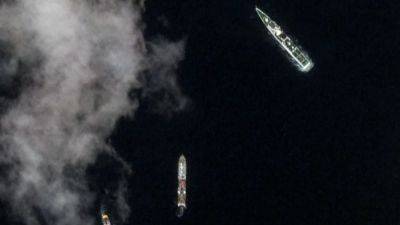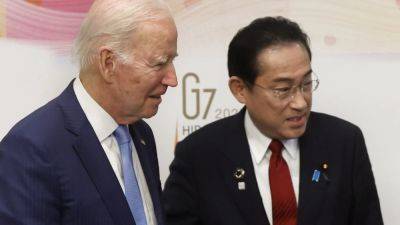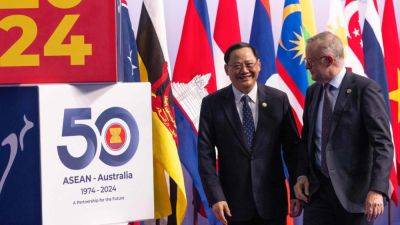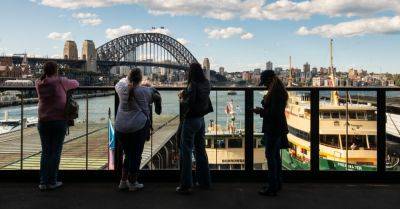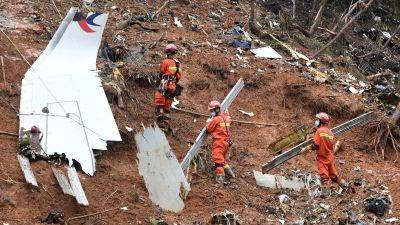Australia’s offer to fund Asean security must be met with extreme caution
This view is not uncommon. For example, while 43 per cent believe conflict over Taiwan would destabilise the region, about a third also fear their countries being forced to take sides over it and feel their governments should take a neutral position, according to a survey last year of more than 1,300 people across the Association of Southeast Asian Nations. Over 45 per cent say their governments should oppose the use of force and reach for diplomacy instead.
05:22
Why the South China Sea dispute remains one of the region’s most pressing issues
Asean is keenly aware of China’s immense power over the region. In the Asean population survey last year, nearly 60 per cent ranked China as the most influential economic power, compared with 10.5 per cent for the US, 4.2 per cent for the EU and just 2.7 per cent for Australia. China is also ranked first in political and strategic influence at 41.5 per cent, against 32 per cent for the US, 5 per cent for the EU and 3 per cent for Australia.
Unlike the European Union, where all member states are representative democracies, Asean is made up of members with different political systems and often opposing ideologies – for instance, Brunei is an absolute monarchy, Singapore operates as a parliamentary democracy and Vietnam remains a one-party communist state. This makes Asean as a forum all the more remarkable.
Its principles of mutual respect for independence, sovereignty, territorial integrity and non-interference in members’ internal affairs set it at a fundamental misalignment, ideologically and practically, with Australia’s security ambitions.
Notably, the 1954 attempt to set up a military alliance called SEATO (Southeast Asia Treaty Organisation) – with the US, France, Britain, New


